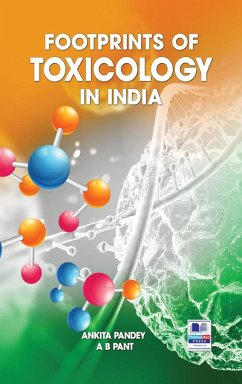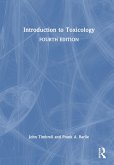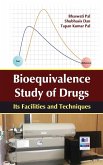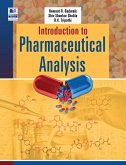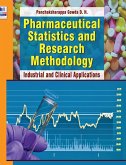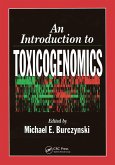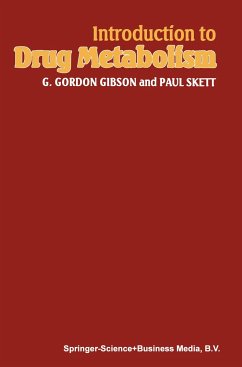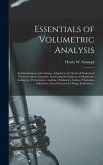The book "Footprints of Toxicology in India" is a tribute to the untold journey of India in the field of Toxicology. The book would be the first of its kind to trace the historical growth of the discipline in India, its origin and development, highlighting significant innovative achievements, breakthroughs, lessons learnt and issues addressed which have revolutionized the discipline. Equipped with case histories, technical, but applied approach, informative tables and easy to comprehend language, this book could be an unparalleled reservoir of information for graduate and postgraduate students, Ph.D. scholars and scientists studying/working in different arenas of toxicology with a practical understanding of the discipline. Moreover, the book also aims to reach out to the common masses, the non-scientific fraternity, to advance their basic understanding of the subject with better relativity in the day to day life. Key Features ¿ The book offers several unique features: ¿ Comprehensive description of earliest historical aspects in the field of toxicology and its origin and development in India since its formal inception in 1960s ¿ Work that has been undertaken aiming at the recognition, identification and control/mitigation of hazards encountered occupationally (agricultural fields, mines) and environmentally (air, water, food) ¿ Comprehensive account of the studies encompassing the pathophysiology, diagnosis, treatment, management and prevention of clinical problems associated with acute poisoning, adverse drug events; drug abuse, addiction and withdrawal; chemicals and hazardous materials; venomous bites and stings; and environmental and workplace exposures ¿ Concise coverage of the research on nanoparticles directed towards synthesis and detailed characterization, bioavailability, uptake, biodistribution and excretion profiles, investigation of interactions with biological systems (from whole organism to molecular level) ¿ Work undertaken on identification and validation of various biomarkers, toxicogenomic effects and genes susceptibilities that have revolutionized the understanding of human occupational and environmental diseases ¿ Overview of the major legislations that have shaped the regulatory framework in India in context of toxicology and significant contributions that underlie the basis of various regulatory decisions in the country ¿ Provides comprehensive information on mechanistic basis of drug/chemical/xenobiotics induced toxicity on the different organs. Establishment of novel screening strategies, validation of new alternatives to animal models, in vitro approaches, computational modelling and microarray approaches have been subtly discussed ¿ A concise coverage of the preventive/therapeutic avenues proposed to prevent/protect against chemical/drug/xenobiotics induced toxicity to different organs ¿ Provides a quantitative analysis of the publication output of the country in the field of toxicology and its global impact from 1960s-2019
Hinweis: Dieser Artikel kann nur an eine deutsche Lieferadresse ausgeliefert werden.
Hinweis: Dieser Artikel kann nur an eine deutsche Lieferadresse ausgeliefert werden.

